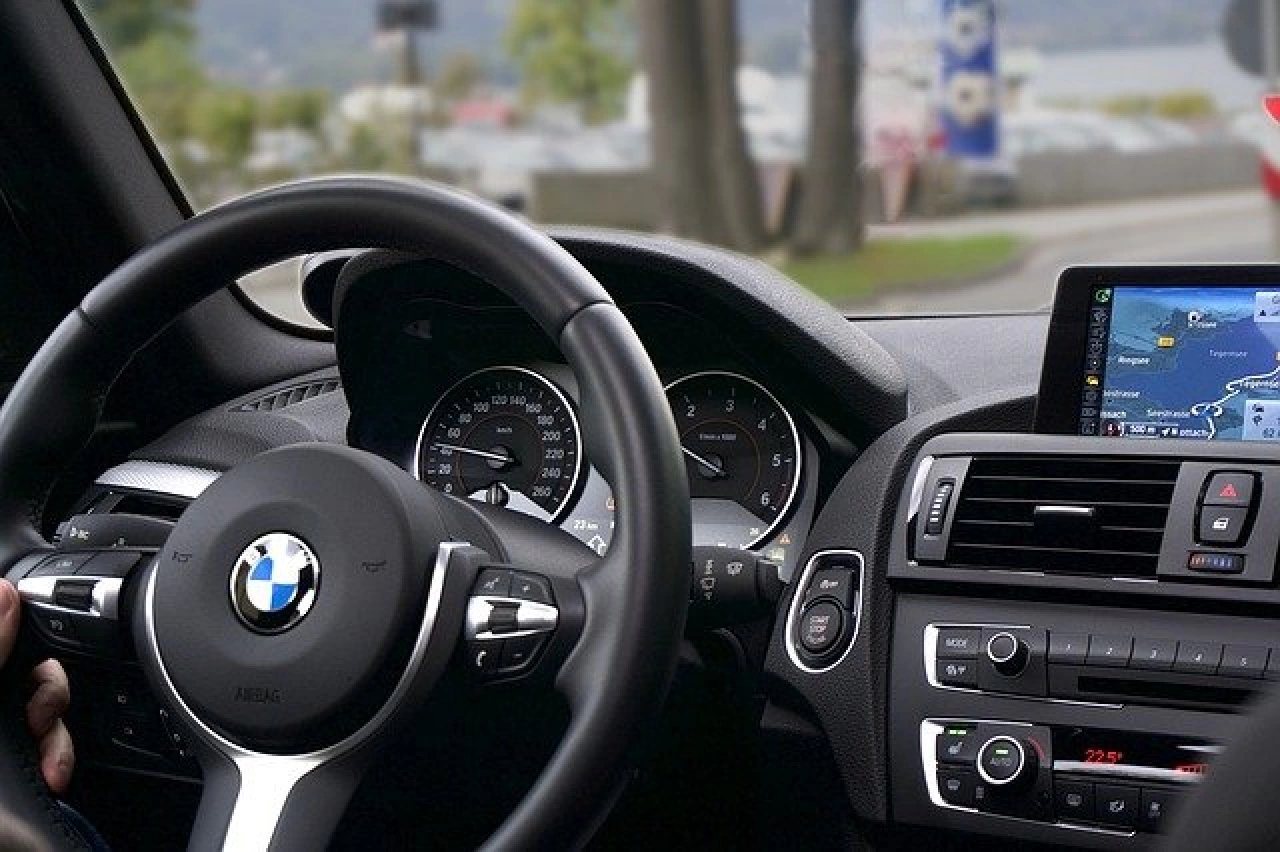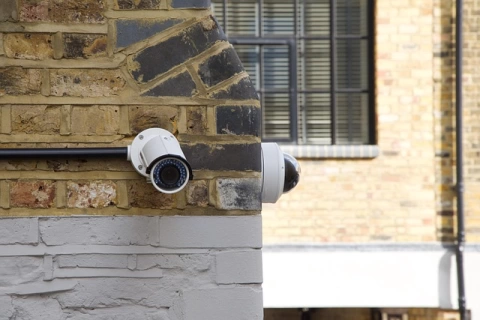Car Charger - What is it, and what you should know
Whenever you are embarking on a road trip, there are certain items that you need to pack with you. From the emergency kit to your car charger, these items must be well-organized and ready to go at a moment's notice. This article will give you all the information about car chargers, what they do and their purpose.
Car Charger: An Overview
A car charger is a device that plugs into an outlet in your car to provide power for your electronic devices. It's beneficial if you're traveling and don't have access to a hotel or rental car agency charging station. To use a car charger, connect the plug to the power port in your car and plug your electronic device into the other end of the cable. Most car chargers work with multiple devices, including smartphones, tablets, and laptops.
There are a few things to keep in mind when using a car charger:
- Make sure your device is fully charged before using the charger. If your device is not fully charged, it may not be able to take full advantage of the power available from the charger.
- Be aware of how long it will take your device to charge using the car charger. Depending on the charging rate of the charger, it may take several hours or even overnight to charge your device completely.
- If you plan to use your device while driving, be sure to use a hands-free phone system or use voice commands to continue talking on the road. -If you have a device that can charge via USB, use the car charger only for power, not for data transfer. Otherwise, you will risk damaging your device's charging circuitry by connecting it to the wrong type of power source or by using a faulty cable (i.e., one in which the USB plug is reversed). -Be sure to check with your provider before leaving your device plugged into a vehicle charger while driving long distances. Some providers limit how long a connected device can be used without connecting it to a wall outlet.
Car charger uses
A car charger is an electronic device that plugs into a car's cigarette lighter and provides power to electrical appliances in a vehicle. Many models also include USB ports that can recharge electronic devices such as smartphones, tablets, and MP3 players. Some car chargers have magnets that adhere to a metal area inside the car, such as on the dash or door frames, to keep the charger in place while it's charging.
How often should you change your car charger?
Car chargers are a great way to keep your phone charged while on the go, but they can also quickly wear out. To make sure your car charger is lasting as long as possible, follow these tips:
- Only use car chargers certified by the USB-IF, and this organization tests car chargers to ensure they meet the minimum requirements for charging devices.
- Only charge your device when it's plugged into the car charger, and leaving your phone charging overnight will likely kill its battery.
- Use the most potent available outlet in your car. Car chargers only work with specific voltages, so using an outlet that's too low can reduce the charging power of your device.
- If you have multiple devices that need to be charged at once, try using a multi-port charger. These versatile adapters allow you to plug in more than one device at a time and get them all juiced up in no time.
What kind of connector do I need?
Charging your car is essential but not always easy, and you don't want to be digging around in a pile of cables trying to find the right one. Here's what you need to know about car chargers:
Most people use two types of connectors for charging their devices: micro-USB and Lightning. Both work with most devices, but there are a few things to keep in mind when picking one. For example, if you have an Apple device, you'll need an Apple wall charger or lightning cable, and Android users usually need a micro USB cable. The other thing to consider is how many watts your device requires. Most chargers offer varying power levels, so make sure your device can take power before purchasing. Some devices like the iPhone 6 and 6S can only take 5W at a time, while others like the Galaxy S6 can take up to 10W.
What will happen if I don't change my car battery often enough?
If your car doesn't have a battery, it runs on fuel. The more often you fill up your tank, the more likely your vehicle will run for a while without a battery. But if you don't change your battery regularly, it might not have enough power to start your car.
The first step is to check whether or not your battery needs to be replaced. The second step is to make sure you're doing everything to keep your battery healthy. Here are some tips:
- Change your air filter every year or 12,000 miles. Air filters help clean the air as it enters the engine and helps reduce emissions.
- Drive sober and avoid using the car in cold weather conditions. Cold temperatures can reduce the efficiency of your car's engine and shorten the life of your battery.
- Keep your lights and radios off when you're not using them, so they don't drain energy from your battery.
- Avoid leaving your car plugged in overnight unless you're using an adapter that gives you a full charge. Overcharging can damage batteries over time.
Safety precautions for using a car charge
When you're driving and your phone is low on battery, the last thing you want to do is stop charging it. Fortunately, there are now portable car chargers that can keep your phone charged while you're driving. However, just like with any other electrical device, there are some safety precautions that you should take before using a car charger. Here are four tips for using a car charger safely:
1. Make sure the charger is correctly installed in your car. Car chargers can be bulky and fit in many different types of spaces. If the charger is not installed correctly, it could cause damage to your car or charger.
2. Always use a certified cable. Car chargers usually come with a certification sticker that shows that the manufacturer approves the line for use with their product. Make sure to use only certified cables if you plan on charging your phone while you're driving. Uncertified cables could cause your car's electrical system to fail, causing dangerous conditions for you and others around you.
3. Avoid overcharging your phone. Many people forget to unplug their phone when they're done charging it, which causes the battery to overheat and potentially explode.















Send Query